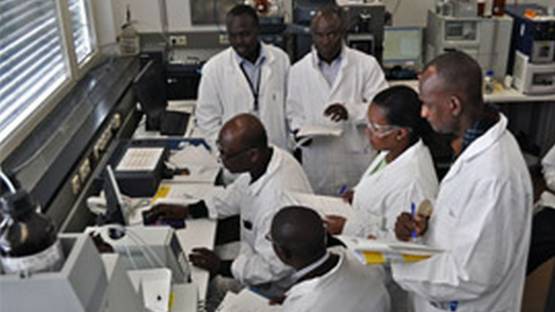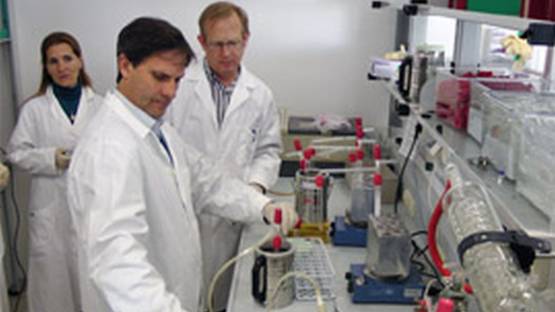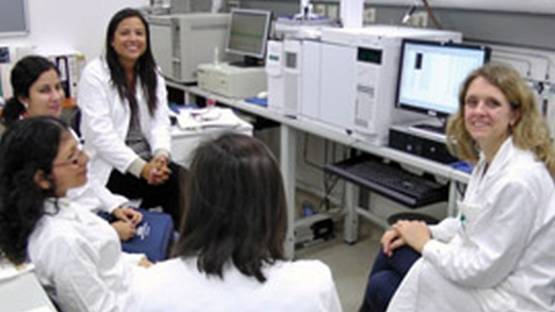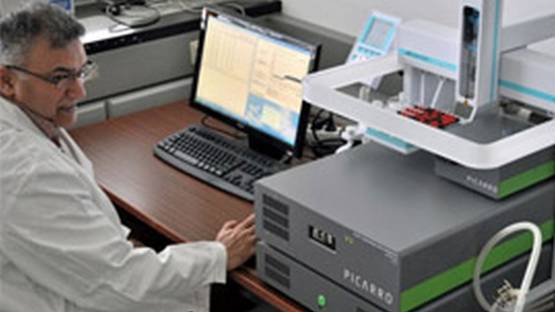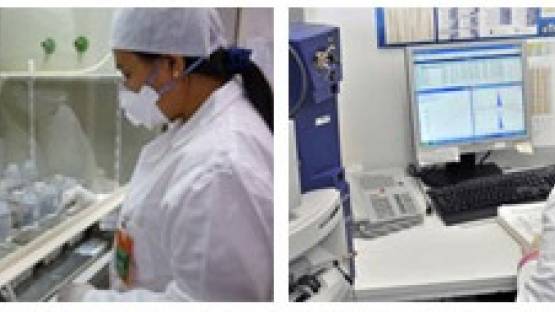The Food Safety and Control Laboratory (FSCL) is located at the FAO/IAEA Agriculture and Biotechnology Laboratories, Seibersdorf. The laboratory assists Member States to improve laboratory and regulatory practices and methodologies in the areas of food traceability and authenticity, food safety and food quality in order to safeguard the health of consumers, help to facilitate international trade and enhance food security.
This is achieved through applied research and method development, technology transfer and the provision of data and expertise to support the development of international standards and guidelines. Since food safety is a very dynamic field, FSCL maintains the capability to respond to emerging and emergency food safety issues affecting Member States.



